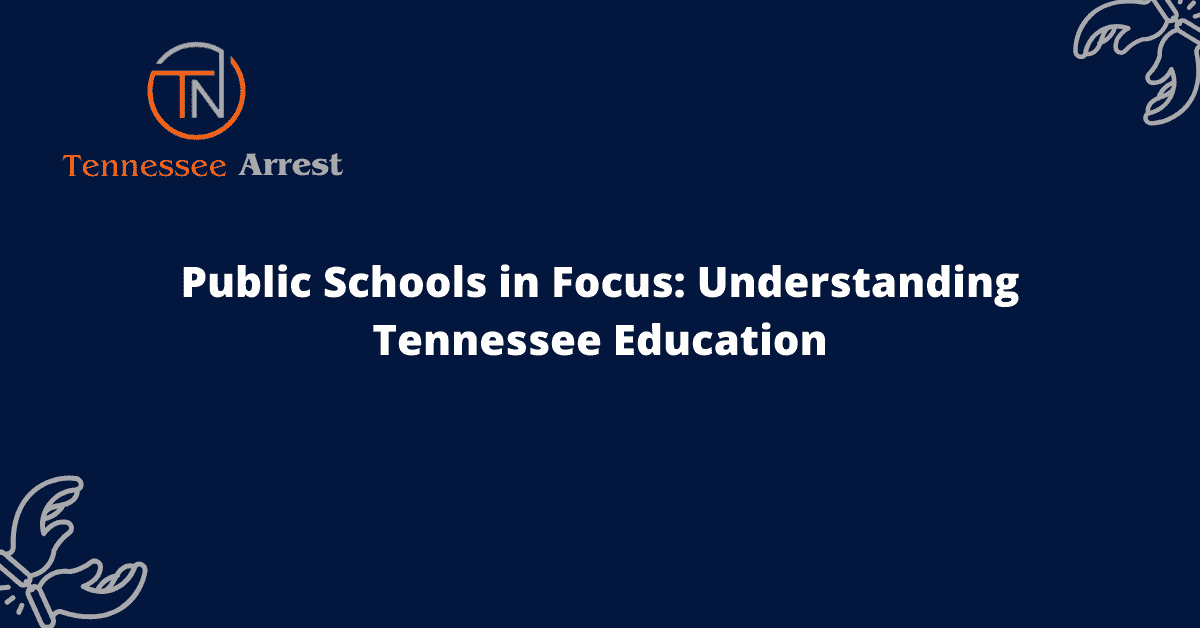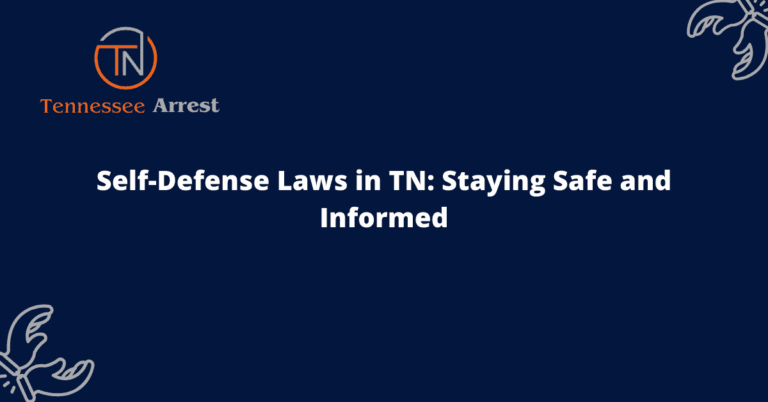Public Schools in Focus: Understanding Tennessee Education
Public schools play a vital role in shaping the minds of the next generation. In Tennessee, education is a top priority, and understanding the state’s education system is crucial for parents, students, and educators alike. From elementary to high school, Tennessee offers a diverse range of public schools that cater to the unique needs and interests of its students.
With a focus on providing quality education, Tennessee schools strive to create a nurturing and inclusive environment where students can grow academically, socially, and emotionally. From innovative teaching methods to rigorous academic standards, Tennessee’s public schools are dedicated to preparing students for success in an ever-changing world.
Types of Public Schools in Tennessee
Tennessee offers a diverse range of public schools that cater to the unique needs and interests of its students. These schools include traditional neighborhood schools, magnet schools, charter schools, and virtual schools. Each type of school offers different educational approaches and opportunities for students.
Traditional Neighborhood Schools
Traditional neighborhood schools are the most common type of public school in Tennessee. These schools are typically located in the neighborhoods they serve and enroll students based on their residential address. They provide a comprehensive curriculum and a wide range of extracurricular activities.
Magnet Schools
Magnet schools in Tennessee focus on specific areas of study, such as science, technology, engineering, arts, or mathematics. These schools aim to attract students with a particular interest or talent in these fields. Magnet schools often offer specialized programs, advanced coursework, and unique learning opportunities.
Charter Schools
Charter schools are publicly funded schools that operate independently of the traditional public school system. These schools have more flexibility in their curriculum, teaching methods, and school policies. Charter schools often have a specific educational focus or theme and are held accountable for meeting performance goals outlined in their charter.
Virtual Schools
Virtual schools in Tennessee provide online education to students. These schools offer a flexible learning environment where students can access their coursework and participate in virtual classes from anywhere with an internet connection. Virtual schools can be a suitable option for students who require a more flexible schedule, have health issues, or live in remote areas.
Quality Education in Tennessee Schools
Tennessee schools prioritize providing a quality education to their students. They strive to create a nurturing and inclusive environment where students can grow academically, socially, and emotionally. Tennessee’s public schools employ innovative teaching methods, rigorous academic standards, and a supportive school culture to ensure students are prepared for success in an ever-changing world.
Innovative Teaching Methods
Tennessee schools embrace innovative teaching methods to engage students and enhance their learning experience. These methods may include project-based learning, technology integration, collaborative learning, and personalized instruction. By incorporating these approaches, teachers can cater to the diverse learning styles and interests of their students.
Rigorous Academic Standards
Tennessee’s public schools have established rigorous academic standards that outline the knowledge and skills students should acquire at each grade level. These standards ensure that students receive a high-quality education and are prepared for college and career success. Teachers and administrators work collaboratively to design curriculum and assessments aligned with these standards.
A Nurturing and Inclusive Environment
Tennessee schools prioritize creating a nurturing and inclusive environment where every student feels valued and supported. They promote positive relationships, respect for diversity, and social-emotional learning. By fostering a safe and inclusive school climate, students can develop strong interpersonal skills, empathy, and a sense of belonging.
FAQs
What is the current state of public schools in Tennessee?
The current state of public schools in Tennessee is a topic of great interest and concern. This FAQ aims to provide a detailed understanding of the education system in Tennessee and shed light on the challenges and opportunities it presents.
What are the key issues faced by public schools in Tennessee?
Public schools in Tennessee face various challenges such as underfunding, achievement gaps, teacher shortages, and outdated infrastructure. These issues affect the quality of education and need to be addressed for the betterment of the education system.
How does the funding for public schools in Tennessee work?
The funding for public schools in Tennessee primarily comes from state and local sources. The distribution of funds is based on various factors, including student enrollment, district needs, and state policies. Understanding the funding mechanism is crucial to comprehend the financial aspects of Tennessee’s education system.
What initiatives are being taken to improve public schools in Tennessee?
Tennessee has implemented several initiatives to improve its public schools, including increased investment in early childhood education, teacher training programs, and the adoption of rigorous academic standards. These efforts aim to enhance student achievement and overall educational outcomes.
How does the Tennessee education system address diversity and inclusivity?
The Tennessee education system strives to promote diversity and inclusivity by implementing policies and programs that support students from diverse backgrounds. This includes providing resources for English language learners, special education services, and cultural competency training for educators.
What role do standardized tests play in Tennessee’s public schools?
Standardized tests are used in Tennessee’s public schools to assess student performance and measure academic progress. These tests help identify areas of improvement, evaluate the effectiveness of instructional strategies, and inform education policies.
Conclusion
Tennessee’s public schools play a vital role in shaping the minds of the next generation. With a diverse range of school options and a focus on providing quality education, these schools ensure that students receive the necessary knowledge, skills, and support to thrive academically and personally. Parents, students, and educators can rely on Tennessee’s public schools to prepare students for success in an ever-changing world.







